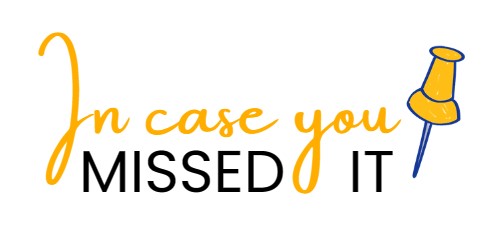
NJCCA 2023 Partners in Education Conference
NJCCA's Fall Symposium
 NJCCA's Fall Symposium
NJCCA's Fall Symposium
Saturday October 1, 2022
7:45 am to 2:45 pm
St. Mary's Catholic Church - Parish Hall
1 Phalanx Road
Colts Neck, NJ 07722
Early Bird Rate Good Until 9/5/22
6 Hours of Training Provided!
Breakfast and Lunch Included in Registration
Keynote Address - The Joy in the Journey
Shannon Hendricks, Director
Children's Services
Bryan's House
Dallas, TX
Have an Item you are Looking to Showcase or a Service you are Looking to Promote?
Together Again!
Partners in Education Conference 2022

Governor Murphy Investing in Child Care
Governor Phil Murphy and Human Services Acting Commissioner Sarah Adelman today announced plans to invest more than $700 million to help parents pay for child care, provide bonus pay to child care workers, and distribute grants and increase support for child care providers.
“We know that child care is one of the key challenges facing families – especially single moms – as they rejoin our workforce,” said Governor Murphy. “Through these investments, we are committed to providing the necessary support to ensure that this challenge does not become an obstacle.”
“As we continue to manage and recover from the challenges of the pandemic, child care continues to be a top priority to strengthening our economy and our workforce,” Acting Commissioner Adelman said . “We know that affordable, reliable and quality child care is especially critical for working mothers who have been disproportionately affected by the impacts of the pandemic. We are committed to doing everything we can to strengthen and support every segment of child care in New Jersey. We also thank our Congressional delegation for their hard work and contributions to bringing these dollars to New Jersey families.”


